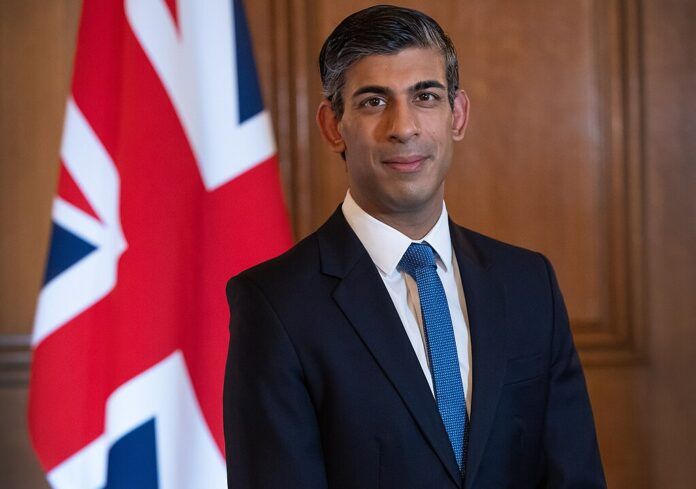UK and Belgian leaders label the halting of a right-wing conference by local authorities as an infringement on free speech
In a notable international incident, UK Prime Minister Rishi Sunak and Belgian Prime Minister Alexander De Croo have openly criticized the decision by Brussels’ local authorities to shut down the National Conservatives (NatCon) conference. This event, known for its radical right-wing perspectives, was underway when local police intervened, disrupting speeches from notable figures including Nigel Farage and Suella Braverman.
The conference, which was also expecting to feature speeches from Hungary’s Viktor Orbán and French politician Éric Zemmour, faced venue challenges before settling at the Claridge hotel. However, this location was short-lived as police, acting on orders from Emir Kir, the mayor of the Saint-Josse district, terminated the event citing public safety concerns. Mayor Kir emphasized his stance on social media, stating the far right’s unwelcome status in Brussels, particularly in light of their expected rise in the upcoming EU elections.
Embed from Getty ImagesReacting to the closure, a spokesperson for Sunak articulated the Prime Minister’s concern, stressing that such actions severely hamper free speech and democratic engagement. Prime Minister De Croo echoed this sentiment, highlighting the constitutional guarantees of speech and assembly in Belgium, and branding the event’s cancellation as a direct challenge to these principles.
The disruption occurred shortly after Farage concluded his remarks, leading to immediate and widespread media coverage. Farage described the intervention as reminiscent of oppressive, authoritarian tactics, designed to silence dissenting opinions. He, along with other speakers, condemned the growing trend of ‘cancel culture’ which they claimed was now manifesting in attempts to stifle legally held views.
Meanwhile, Suella Braverman, who completed her speech amid the chaos, leveraged the platform to voice her critiques of current UK government policies, including the potential exit from the European Convention on Human Rights. She suggested that such moves by Sunak were perceived as insincere by the public, further complicating the UK’s political landscape.
As the event’s organizers scramble to find an alternative venue for the remaining schedule, this incident has sparked a significant dialogue on the balance between community safety and freedom of expression. This debate comes at a crucial time when political tensions are high, and the definitions of free speech and public safety are increasingly contested in public forums.
